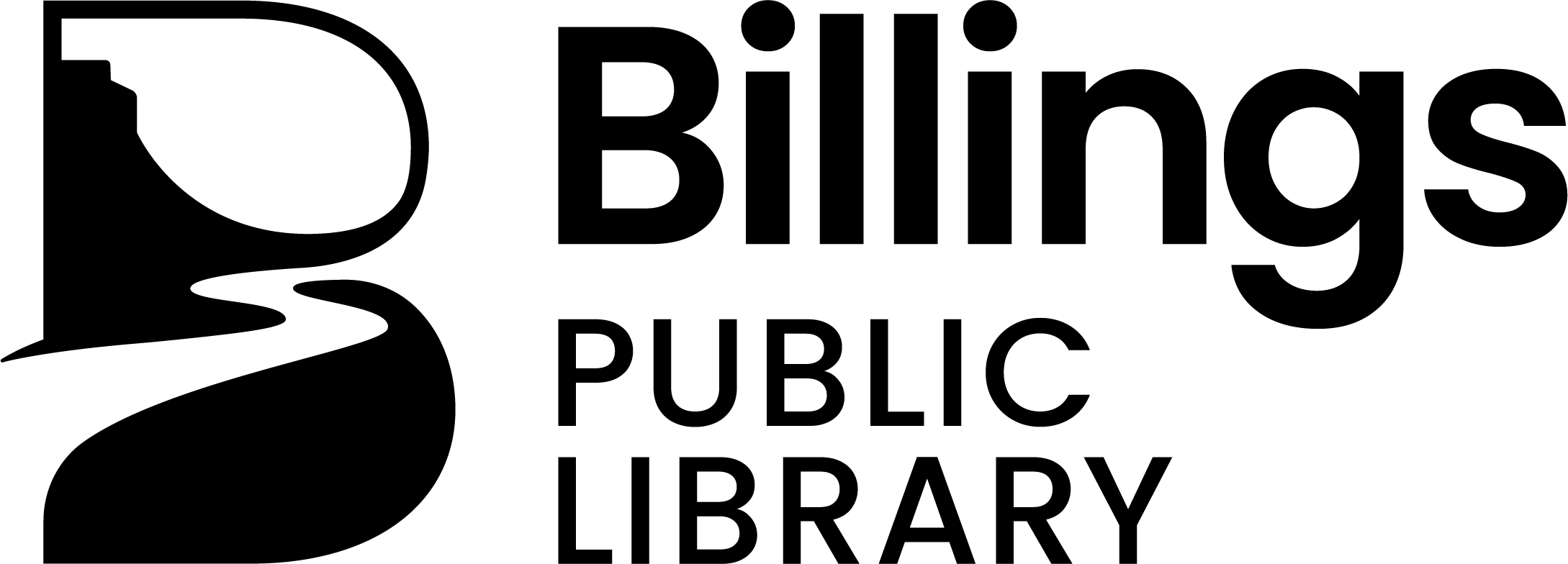Age Group:
AdultsProgram Description
Event Details
The Billings Public Library is happy to announce that the Complicated History Book Club is returning! This year we're reading Joseph Conrad's Heart of Darkness. Conrad's book is considered a Western classic, but has no lack of influential critics. Put your analytical hat on and come discuss whether the book is a critique of colonialism or an endorsement! Discussion is open to anyone with a copy of the book, but registration below is required!
Supplemental Materials
You can also look into these materials if you want more information on Heart of Darkness and/or European colonialism.
King Leopold's Ghost: A Story of Greed, Terror, and Heroism in Colonial Africa, by Adam Hochschild. Pretty much the authoritative history of Belgium's colonization of the Congo.
Orientalism, by Edward Said. Provides terrific insight on European literary portrayals of non-Europeans and colonized subjects.
The True Flag: Theodore Roosevelt, Mark Twain, and the Birth of the American Empire, by Stephen Kinzer. If you're looking for a both-sides look at Western imperialism, the whys and why nots, this is a great place to start.
The White Man's Burden, by Rudyard Kipling. You can find the full poem on Wikipedia. While reading Heart of Darkness, I wrote "WMB" in the margins multiple times. Essentially, it's a poem that details what were (still are?) considered the "difficulties" involved in "civilizing" the "uncivilized" through colonialism.
Exterminate All the Brutes, by Raoul Peck, based on the book by Sven Lindqvist. A four-part HBO docuseries on the history of colonialism and postcolonialism. The works of Conrad and other contemporary authors (e.g. Rudyard Kipling and HG Wells) are examined closely. A side note - as you read Heart of Darkness, keep an eye out for the phrase "Exterminate all the brutes."
Apocalypse Now, by Francis Ford Coppola. Coppola's Vietnam War adaptation. A masterpiece. Some of the most iconic parts of the film are directly adapted from Conrad's story, which was a surprise to me while reading the book. A question for you to consider: How much of this film is also about the psychological effects of European colonialism?
